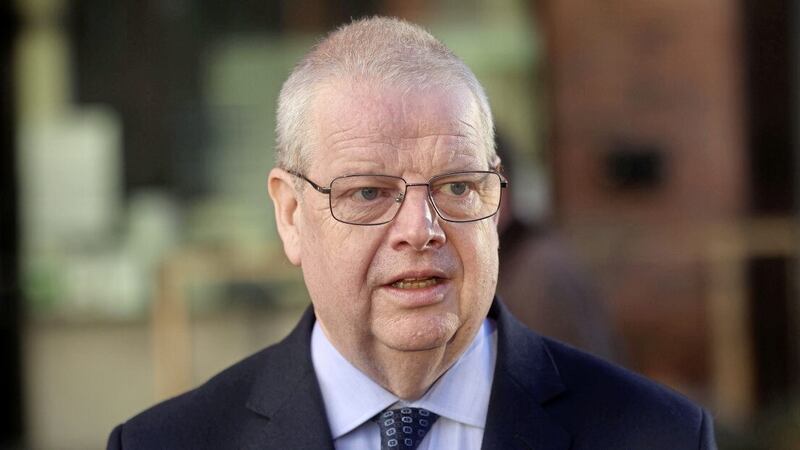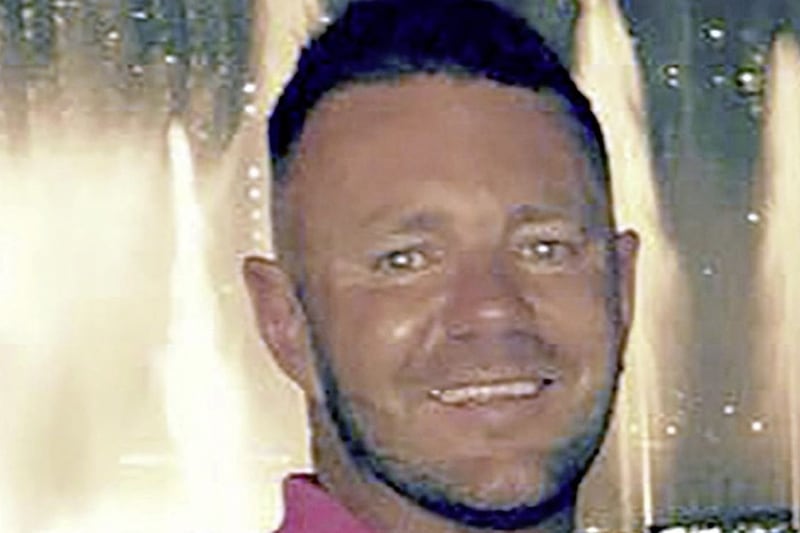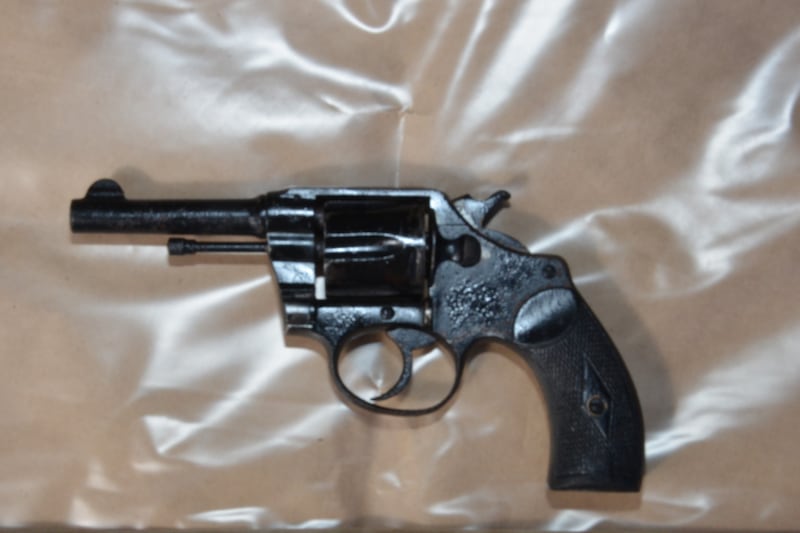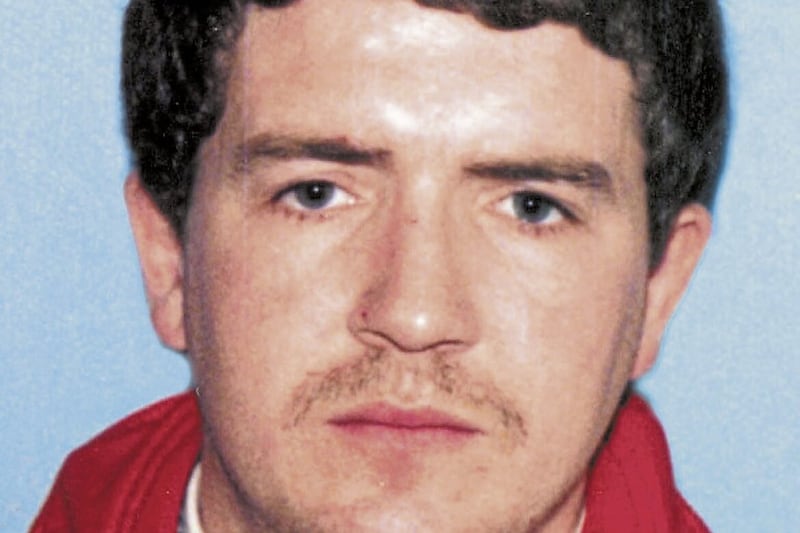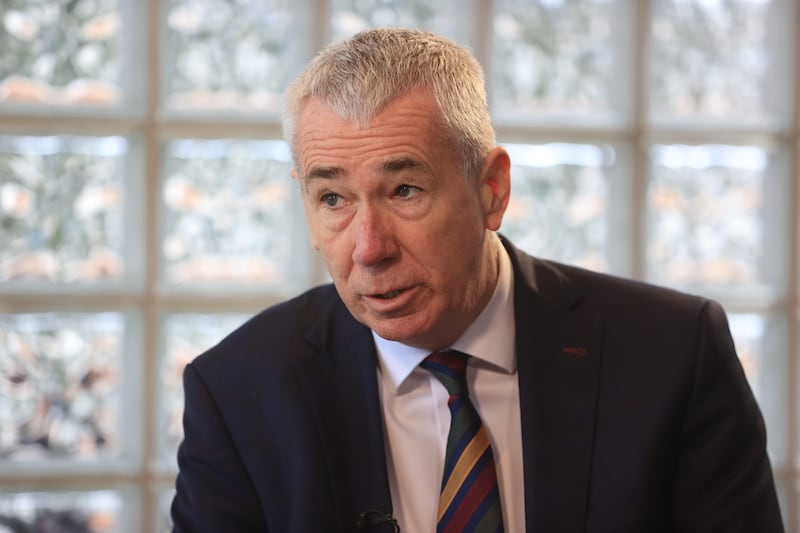PSNI funding cuts that would reduce officer numbers to the organisation’s lowest ever number have been condemned as “intolerable”.
Chief Constable Simon Byrne warned today that the PSNI is facing a shortfall of £80 million by March, with bigger cuts to come in later years.
Briefing his officers and staff, he said this would result in fewer officers, vehicles, delays to building maintenance and slower response times to calls.
“By March there will be 309 fewer police officers and 115 fewer staff, a reduction of nearly 6 per cent,” he said.
“We will then have 6,699 full-time officers. This is 800 officers fewer than the commitment made in the New Decade, New Approach Agreement and the lowest officer numbers since the Police Service of Northern Ireland was formed.”
Liam Kelly chairs the Police Federation of Northern Ireland, which represents rank and file officers, and called for an “all-out campaign” against the cuts.
“This is shocking news and it will have a devastating effect on each and every police officer in Northern Ireland,” he said.
“Our colleagues do their best for our communities and this is the thanks they get. The government must be made aware of the depth of feeling that there is, not only from within police ranks but throughout this wider community.
“This is intolerable, potentially harmful and will impact badly on resilience and the ability to fight crime and counter the actions of terrorists.”
Appealing for a crisis summit with political parties, he said the PSNI was facing “a perfect storm” with the cost-of-living crisis, no pay awards, a ban on recruitment and hundreds of officers preparing to leave by the end of the financial year.
“The government clearly doesn’t respect what we do and sees us as low hanging fruit because we are unable to take industrial action to press home our case,” he said.
“If the aim is to create a sub-standard service, then Northern Ireland government departments, particularly finance, are going about it the right way.”
Ulster Unionist Policing Board member, Mike Nesbitt MLA, said the PSNI was being “pushed down the same road” as the NHS, and would become a reactive instead of preventative service.
“This has long-term negative implications,” he said.
“It also means in many cases reaction times will be slower than the public expects.”
While he said this did not mean the PSNI was no longer fit for purpose, Mr Nesbitt remained deeply concerned about the morale of officers working 16 hours shifts.
In his briefing, Mr Byrne said he did not wish to cause alarm and that core emergency incident responses would be protected.
While no redundancies have been planned, he said likely consequences included non-emergency calls taking longer to answer, a reduced capacity to investigate crime and less neighbourhood and road road policing.
